DEVELOPING EMOTIONAL INTELLIGENCE
(1 DAY)
-
Developing Emotional Intelligence is designed to equip individuals with the essential skills and knowledge to enhance their emotional intelligence through leadership and on their teams. Through an interactive program, participants will learn to recognize, understand, and manage their own emotions effectively, as well as develop empathy and build strong relationships with others.
Without strong and effective relationships, our fast-paced, team-based work environments can’t function at peak efficiency and health. At the heart of this efficiency are Emotional Intelligence (EQ) competencies that drive strong workplace relationships and greater productivity. Today we view EQ as an integrated set of skills that underpin highly effective, engaged and innovative organizations.
This course covers various aspects of emotional intelligence, including self-awareness, self-regulation, motivation, empathy, and social skills. Participants will engage in interactive exercises, case studies, and practical scenarios to apply these concepts in real-life situations. They will also learn strategies to improve their communication, conflict resolution, and leadership abilities.
-
Conducting your EQ self-assessment – discovering strengths and growth edges
Self-reflection exercises to enhance self-awareness - and gain insight into your actual behaviours
Large group and small group discussions to reflect and apply new insights
Group activities to help transfer learned skills to work environments
Defining key EQ capabilities of outstanding leaders
-
Develop self-awareness: Participants will learn to recognize and understand their own emotions, strengths, and areas for growth, enabling them to lead with authenticity and self-confidence.
Enhance emotional regulation: Participants will acquire strategies to effectively manage and regulate their emotions, enabling them to make rational decisions, handle stress, and maintain composure in challenging situations.
Cultivate empathy and understanding: Participants will learn to empathize with the emotions and perspectives of others, fostering stronger relationships, effective communication, and collaboration within their not-for-profit organizations.
Improve interpersonal skills: Participants will develop skills to build and maintain positive relationships, resolve conflicts constructively, and inspire and motivate their teams, leading to a more harmonious and productive work environment.
Strengthen leadership abilities: Participants will gain insights into how emotional intelligence impacts leadership effectiveness and learn techniques to inspire and influence others, adapt to change, and make ethical decisions.
Foster a positive organizational culture: Participants will understand the role of emotional intelligence in creating a supportive and inclusive work environment, promoting employee well-being, and enhancing overall organizational performance.
Apply emotional intelligence in not-for-profit contexts: Participants will explore real-life scenarios and case studies specific to the not-for-profit sector, enabling them to apply emotional intelligence principles and strategies to address challenges unique to their industry.
By achieving these learning objectives, not-for-profit leaders will be equipped with the necessary emotional intelligence skills to lead with empathy, build strong relationships, and drive positive change within their organizations.
OutcomesBy the end of this course, participants will have a solid foundation in emotional intelligence and be equipped with practical tools to navigate emotions, build stronger connections, and achieve greater success in their personal and professional lives. Together we will discover how engaging our teams with stronger EQ skill can achieve improvements in both employee attitude and performance. Unlock your potential for emotional well-being and interpersonal effectiveness.
-
Executives, Managers, Supervisors, Individuals and team members at all levels.
Open course availability
GET STARTED TODAY
SCHEDULE A CALL
Let’s schedule a quick discovery call to find out what training plans suits your organization’s needs.
GET A CUSTOMIZED TRAINING PLAN
We will work with you to deliver a comprehensive training plan.
ENVISION A BETTER
FUTURE
Unify your team through our practical and impactful training so you can set a vision for your organization’s future.




